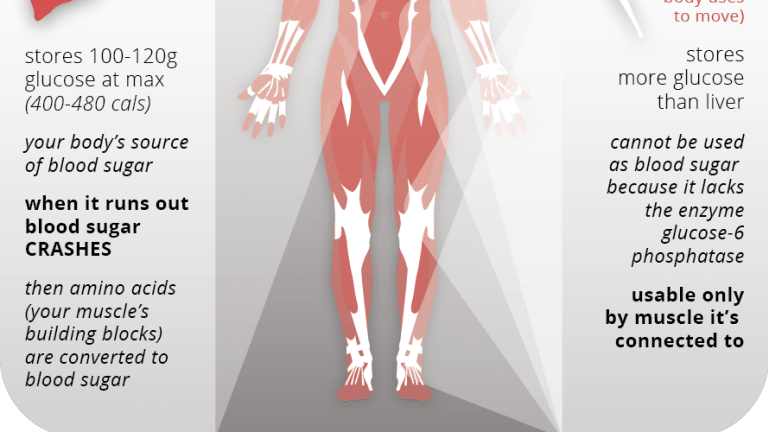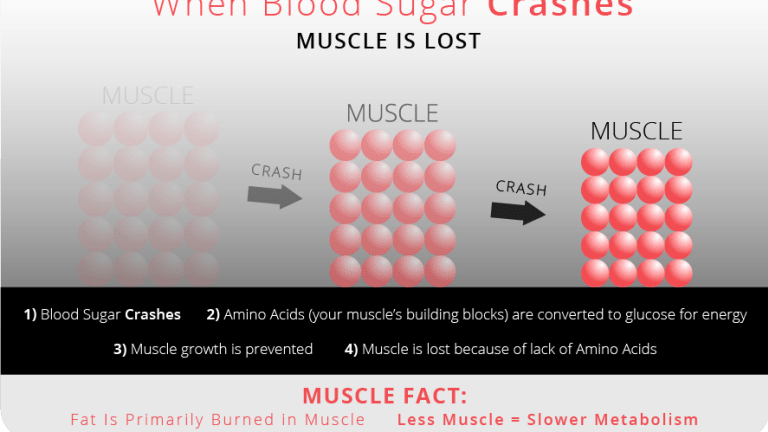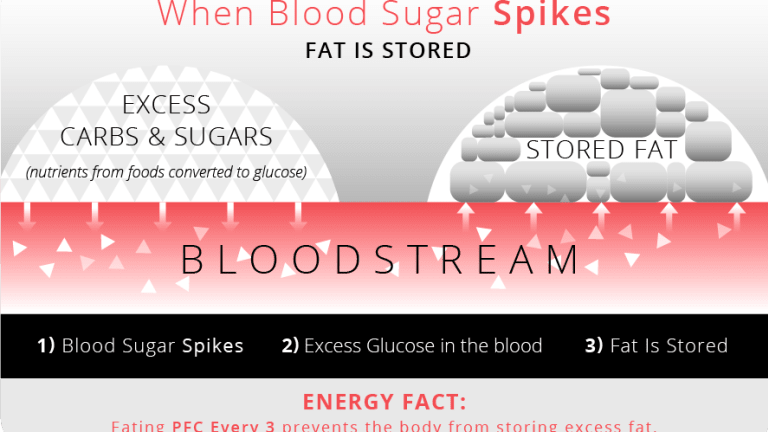Eat like a Champion: The myth of carb loading
Jun 24, 2017Lifestyle
Alexandra Eala: The reality of travel and difficulty of securing visas with a Philippine passport
By Apr 14, 2025The Business of Tennis
Carlos Alcaraz surpasses 40 million dollars in career prize money after winning Monte Carlo
By Apr 14, 2025The Business of Tennis
University of Virginia men’s tennis team secures permanent 'in perpetuity' funding
By Apr 13, 2025Social
How a Russian champ helped Diana Shnaider land Dinara Safina coaching partnership
By Apr 13, 2025Social
Kwon Soonwoo to play Busan Challenger during South Korea military service
By Apr 13, 2025Your Game
Tariffs are serving up challenges to the tennis equipment industry
By Apr 13, 2025Social
Roger Federer and Caroline Wozniacki step out at the Masters: “So much tradition”
By Apr 13, 2025Pick of the Day
Monte-Carlo Betting Preview: Lorenzo Musetti vs. Carlos Alcaraz
By Apr 12, 2025Your Game
The Partner ball machine uses robotics to revolutionize tennis training
By Apr 12, 2025Eat like a Champion: The myth of carb loading
Filling up on carbs before a match isn't actually the right tacti
Published Jun 24, 2017
Advertising

Eat like a Champion: The myth of carb loading

Eat like a Champion: The myth of carb loading
Advertising

Eat like a Champion: The myth of carb loading